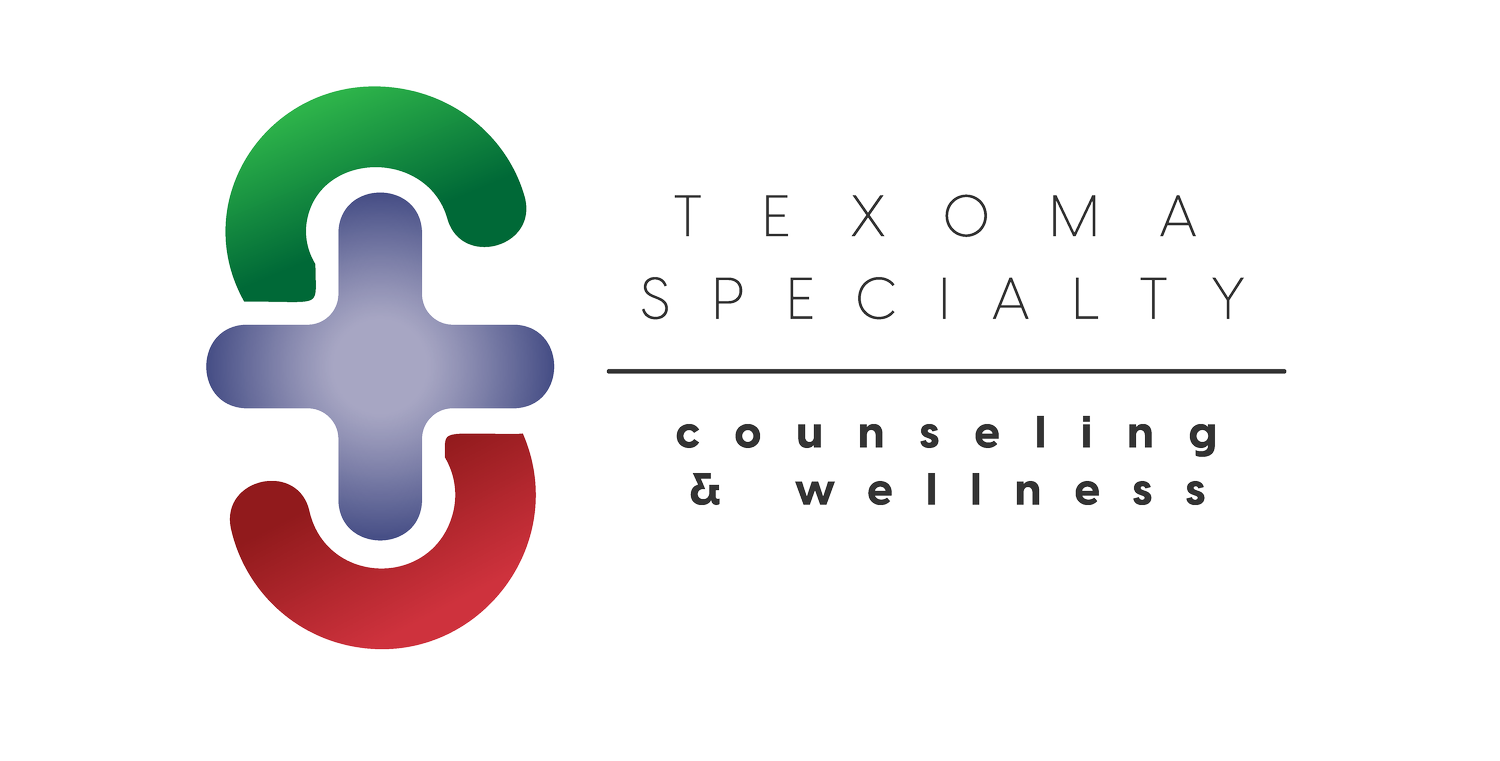Do you have an Eating Disorder?
Understanding Eating Disorders: A Comprehensive Guide to Types, Symptoms, and Support
Our society is consumed with self-image and weight loss. We have become weight obsessed and the media continues to suggest thinness is desirable. An intention or goal to honor your body and health can be important. An eating disorder takes weight loss, body concerns, and eating to an extreme. A healthy practice becomes an obsession that causes abnormal eating patterns that will ultimately compromise health. Eating disorders interrupt a person’s ability to function and can impact relationships, work or school, and mental health.
Identifying Eating Disorder Symptoms: Common Indicators and Red Flags
There are several types of eating disorders. Each has different patterns of behavior, but all include a distorted view of the body and unhealthy patterns of eating. Eating disorders impact both men and women. Self-esteem becomes severely compromised and often individuals start to isolate, eat alone, attempt to hide their eating and exercise patterns from others, and have difficulty controlling emotions.
Anorexia Nervosa: Recognizing Signs and Symptoms of Restrictive Eating Habits
Anorexia Nervosa is characterized by a distorted body image. This distortion causes the individual to view self as overweight, where as in reality they are thin, possibly underweight.
The current diagnostic criteria for anorexia is currently wrong - in my professional opinion Only 6% of people with anorexia are “underweight”. A weight limit is currently NOT needed to have anorexia. We look at restriction and body weight concerns and other disordered eating patterns and can diagnose someone with anorexia without weight. It is very common for individuals in ALL body sizes to have anorexia.
People with anorexia nervosa often restrict food and engage in excessive exercise. Anorexia nervosa is associated with strict dieting and body weight distress. To the individual with anorexia nervosa they are overweight, and food restriction and hours of strenuous exercise is how they attempt to lose weight. Often there is a “goal weight” the individual is trying to achieve, but a distorted body image causes the individual to never be satisfied with weight.
Anorexia Nervosa causes extreme body weight distress and is associated with many health issues due to malnutrition. Individuals with Anorexia Nervosa have low self-esteem, feel hopeless, and are not happy or satisfied with their body. Some other traits of individuals with anorexia nervosa include perfectionism and a need to control.
Bulimia Nervosa: Understanding Binge-Purge Cycles and Their Emotional Toll
Bulimia Nervosa is characterized by eating excessive amounts of food and attempting to purge the food from the body. Due to a fear and worry about the amount of calories consumed a person will purge by vomiting, laxatives, enemas or diuretics, and excessive exercise. Individuals with bulimia nervosa may maintain a healthy weighable therefore weight or body size should not be used as an identifier. It is very common for individuals in ALL body sizes to have bulimia. They often binge eat alone and in secret. Binge eating is followed by feelings of shame and guilt. Once purged the individual will feel relaxed and less emotionally upset. Individuals with Bulimia Nervosa are impulsive, lack self-esteem, and feel ashamed of their body.
Binge Eating Disorders
Binge Eating Disorder is characterized by frequent out of control eating episodes. Individuals with binge eating do not purge the body of extra calories and not restrict food. This can cause extreme body image annd body weight distress and health complications due to improper nutrition. Often binge eating causes feelings of worthlessness, low self-esteem, and overwhelming negative emotions.
Other types of Eating Disorders
There are other types of eating disorders that consist of patterns of unhealthy and extreme eating and distorted body image. The individual may not restrict or binge and purge. Other types of distorted eating are associated with low self-esteem, dissatisfaction with body image, and difficulty controlling emotions.
Eating Disorder Causes
There are no specific causes for eating disorders, however there are some risk factors. A history of dieting is a very highly statistically significant correlation with developing an eating disorder. Although dieting may not “cause” an eating disorder it is the biggest predictor of developing an eating disorder.
Eating disorders are genetic and a family history can put an individual at risk for developing eating disordered patterns.
Family members and friends may tease a person about their body and weight.
Sometimes individuals involved in sports have concerns about their body image and may be at risk for an eating disorder.
Depression, anxiety, and other negative emotions can be a risk factor for developing an eating disorder.
Traumas, such as rape, abuse, or loss can be risk factors for eating disorders.
Stress, even good stress, can trigger an eating disorder.
Concern about weight loss and body image can trigger the patterns of abnormal eating.
Eating Disorder Concerns
If you or someone you love is concerned about weight, body image, and patterns of eating, it is necessary to seek help from a medical provider, a registered dietician, and a mental health professional. An eating disorder will impact physical health, cause conflict in relationships, and will have a negative impact on emotional and mental health.
A medical provider is needed to assess and treat any medical issues that develop due to malnutrition. Some health effects of an eating disorder include:
Anemia
Constipation
Osteoporosis
Heart and brain damage
Sore throat (due to vomiting and purging)
Worn-away tooth enamel
Acid reflux
Heart attacks
High blood pressure
Cardiovascular disease
Diabetes
Body image dysphoria
Seek mental health treatment here
A therapist is needed to help challenge negative and distorted thoughts about the body and eating. A mental health professional will help the individual improve health, emotions, relationships, and address the issues underlying the eating disorder behaviors.
Eating disorders can be treated and managed. The sooner a person receives help, the more likely they are to overcome the negative health and emotional implications. Working with a physician, a dietician, and a licensed therapist is the best way to overcome disordered eating. A therapist can help improve self-esteem, help an individual with an eating disorder feel in control of their eating, and help improve quality of life.
Need additional Eating Disorder Care?


